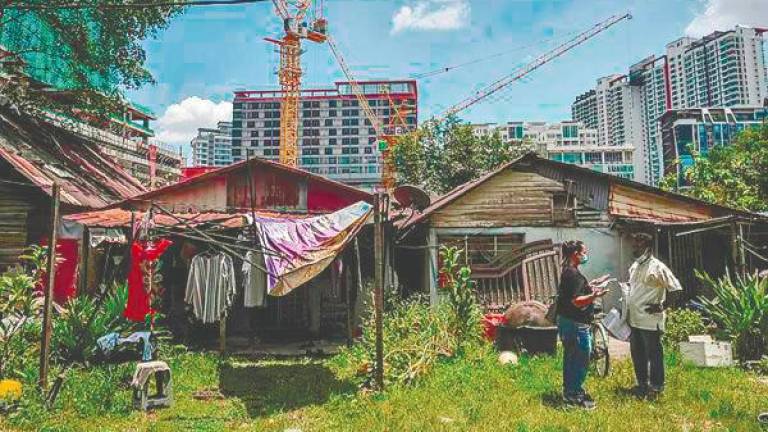KUALA LUMPUR: Standard Chartered Bank (StanChart) foresees a brighter economic outlook for Malaysia in 2024 with a higher growth of 4.8% compared with 4.3% last year.
Its Asean and South Asia chief economist Edward Lee told a press conference today that domestic consumer spending, public infrastructure investments and travel industry improvements are set to drive the uptrend despite the moderate 2.9% growth projected for the world economy.
He noted that the 2024 allocation for government development spending – at close to five per cent of the gross domestic product (GDP) – is the highest in the past decade.
Lee also said the labour sector is robust with the unemployment rate at 3.3% to 3.4%.
StanChart also sees electronic exports bottoming out and eventual improvement is set to boost the domestic semiconductor sector and the overall economy.
Although Lee remains cautious about a sustainable pick-up in 2024 given the softer growth in key trading partners, he reckons Malaysia’s diverse export markets and products should be able to mitigate the drag from possible weak exports.
“Malaysia’s growth will be a bit softer in the first half and will pick up in the second half of the year,“ he said.
Lee also believed that the Red Sea crisis would be contained and the conflict would not impact the domestic GDP print this year.
On the ringgit, he said it may end the year at RM4.40 against the US dollar with Bank Negara Malaysia likely to maintain the overnight policy rate (OPR) at 3% as core inflation is likely to remain benign.
On the global outlook, the global head of fixed income research and head of Asia research Kaushik Rudra said the world economy may be able to achieve a soft landing this year.
StanChart expects the US Federal Reserve to cut the benchmark interest rates four times totalling 100 basis points in 2024 with inflation and geopolitics posing a threat to this scenario.
In the European Union, growth is fading as credit growth dries up and inflation remains sticky, signalling a possible recession.
Chinese real estate remains a worry with sliding house prices, loan growth on a negative trajectory and weak consumer confidence, he noted. Bernama










